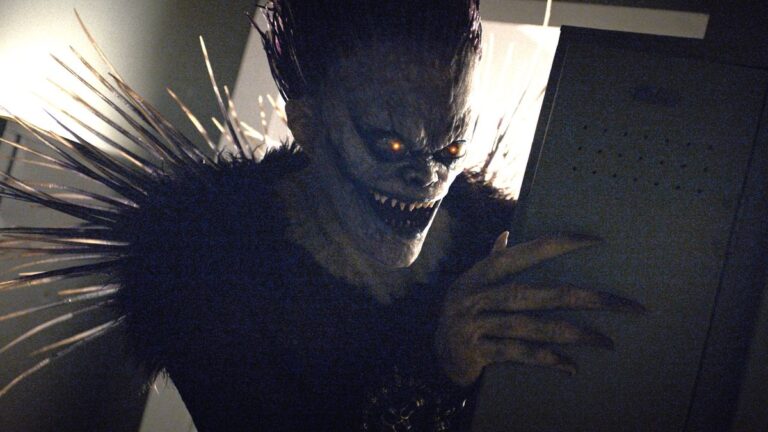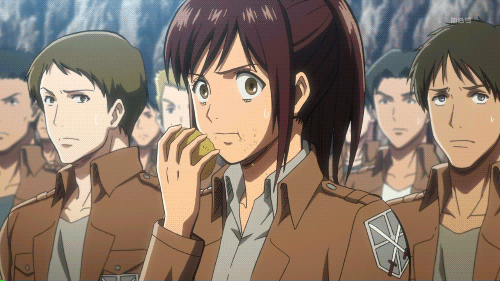Rounding out this new series of favourite and least favourite media, we have my list of the...
anime
Attack on Titan is one of those blockbuster series that you can expect even the most casual...
I wasn’t really into anime when I was growing up. I watched localized successes like Sailor Moon, Pokemon and...


